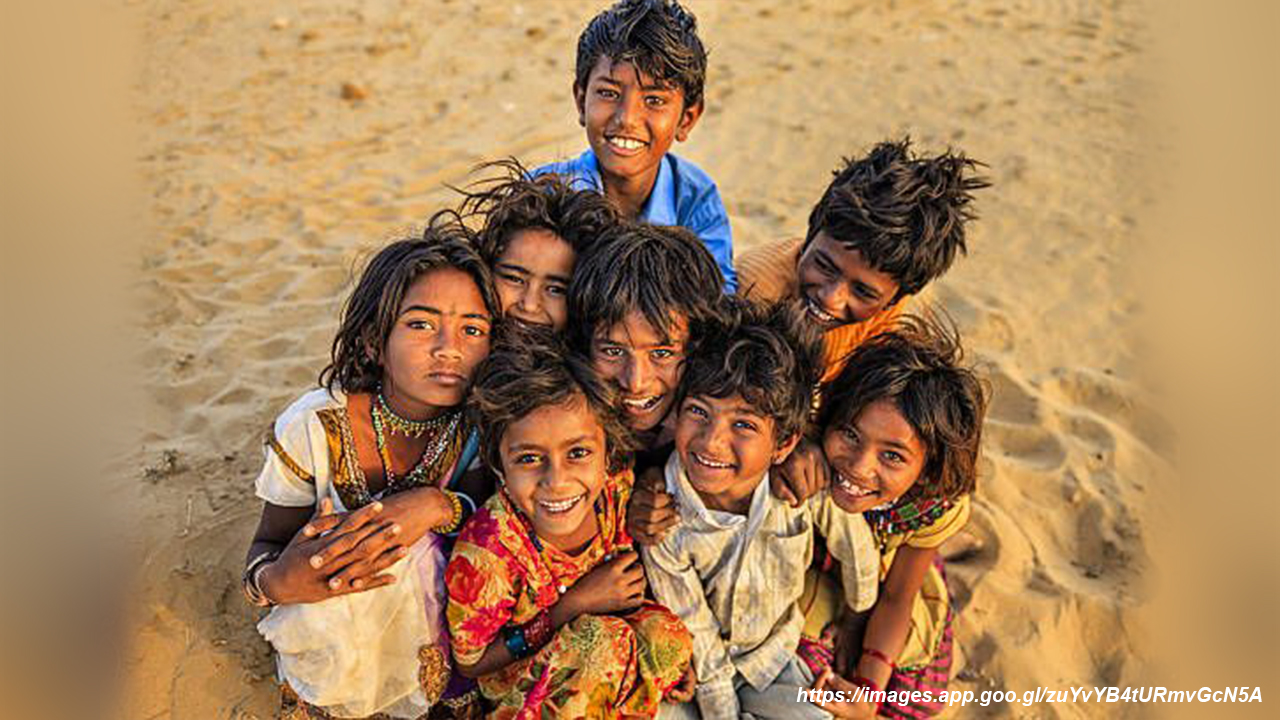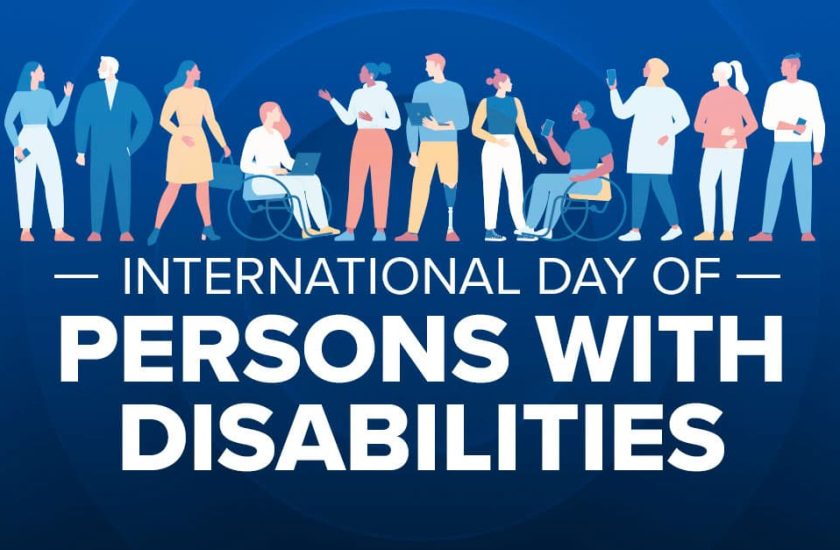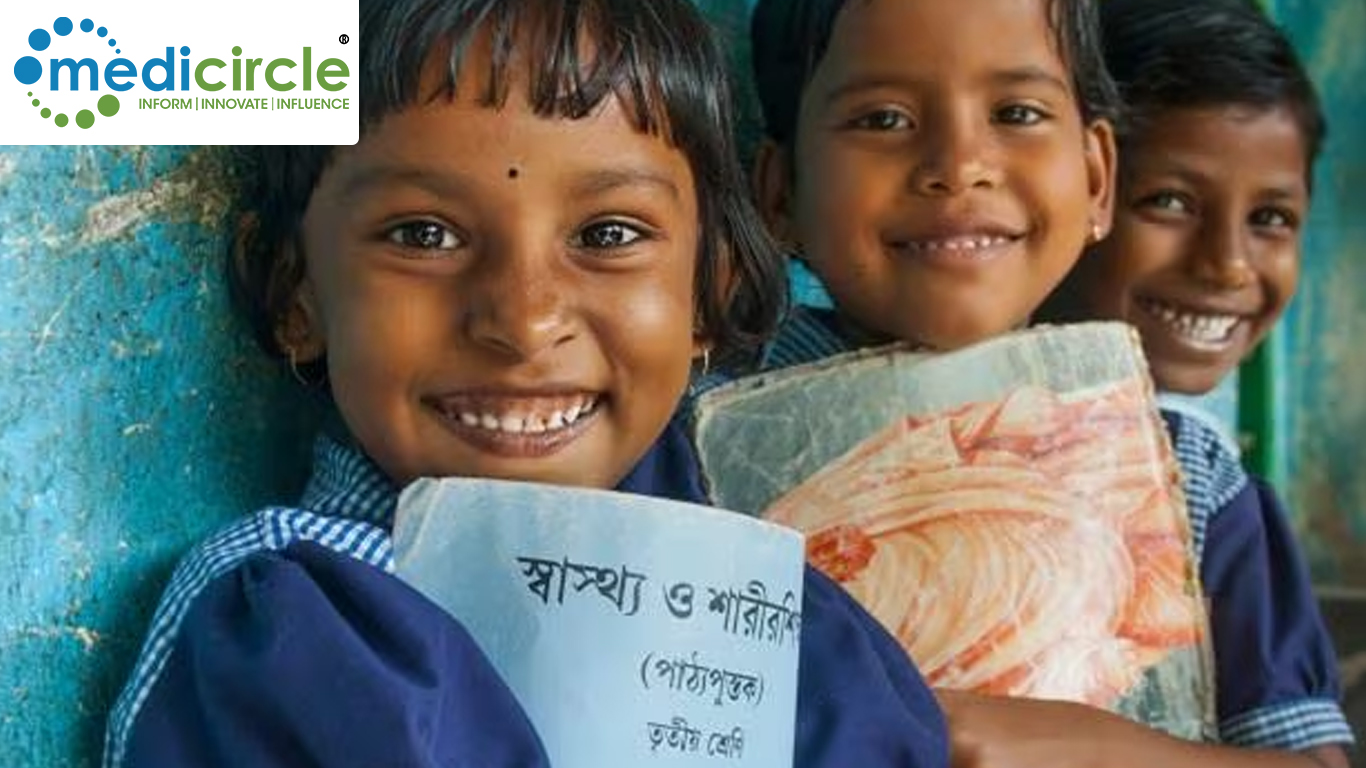India joins the world on 20 November to celebrate World Children’s Day, 30 years since the Convention on the Rights of the Child was adopted by the United Nations General Assembly.
Leading India’s celebrations will be a flagship National Summit for Every Child in India at the National Parliament. Child Parliamentarians and child rights advocates from across the country will join Vice President Shri M. Venkaiah Naidu as Chief Guest, with Shri Om Birla, Hon’ble Speaker, Lok Sabha, Shri Ravi Shankar Prasad, Hon’ble Minister of Communication, Information Technology, Law and Justice, joined by Smt. Vandana Chavan, Hon’ble Member of Parliament, Rajya Sabha and Convener, Parliamentarians’ Group for Children, along with UNICEF.
The Child Parliamentarians and children rights defenders are part of a national child rights campaign, “Nine is Mine”. Children will share their testimonies as defenders and champions of child rights in their communities and perform an original rap song advocating for child rights, composed for the occasion.
Across India UNICEF together with state government partners, civil society, community leaders, and especially children and young people are participating in this global day of action for children, by children. Across the country landmark, buildings and monuments will Go Blue to signal support for child rights for every child.
“World Children’s Day is a fun day with a serious message,” said Dr Yasmin Ali Haque, UNICEF India Country Representative.
“In India, and around the world, children are demanding their rights. On World Children’s Day, they ask us, ‘What will you do?’”
This year, World Children’s Day is particularly special since it marks 30 years since world leaders united around a common cause for children and adopted the Convention on the Rights of the Child (CRC), an international agreement on childhood, that has helped transform children’s lives.
India ratified the CRC in 1992 committing to a range of measures and has made major strides in helping children realize their rights. For example:
Fewer children under-five die as the national mortality rate fell from 117 per 1,000 live births in 1990 to 39 in 2016. More children have access to improved drinking water, rising from 62 per cent in 1992-1993 to 92 per cent in 2019. More girls go to primary school as attendance rates for girls 6-10 increased from 61 per cent in 1990 to near-universal today“India is fighting and winning hard battles such as improving child survival rates, lifting millions out of poverty and ensuring more children are now in school than ever before,” said Dr Haque.
“These achievements are proof that where there is political will, public support and collective determination, children’s lives improve. As we celebrate these major victories for children, we must also reflect that much remains to be done”.
Thirty years on, child rights have not changed, they have no expiry date. But childhood has changed. Children must also contend with new threats that have emerged as the world has undergone rapid environmental and technological changes. In 1989, there was no worldwide web, climate change was not fully understood and there were fewer protracted conflicts displacing populations.
UNICEF in India works with government at all levels, civil society and communities as well as young people and children themselves to tackle the persistent challenges to children’s rights, especially among the poorest and most vulnerable. Millions of children still lack adequate healthcare, nutrition, education and protection from violence.
Neonatal mortality still claims roughly 600,000 newborns ever year. Malnutrition, stunting and anaemia still plague India’s children. 10 million children born in India every year are not immunized against vaccine-preventable diseases. Six million children are out of school and those who are in school have low-grade level learning. Girls, from birth face discrimination for basic health, nutrition and education. Child marriage is widespread and approximately 1.5 million girls under 18 are married each year.“I am excited to know that the national leaders of Parliament, and distinguished Ministers, will gather at this historic event to demonstrate India’s commitment to all rights for every child,” said Dr Haque.
“It is important that national leaders hear directly from children and young people about their experiences as defenders of child rights and their demands that every child be heard, that no child in India be left behind.”

 India joins the world on 20 November to celebrate World Children’s Day, 30 years since the Convention on the Rights of the Child was adopted by the United Nations General Assembly.
India joins the world on 20 November to celebrate World Children’s Day, 30 years since the Convention on the Rights of the Child was adopted by the United Nations General Assembly.









.png)
.png)

.jpg)







.jpeg)

.jpeg)










.jpg)




.jpg)

